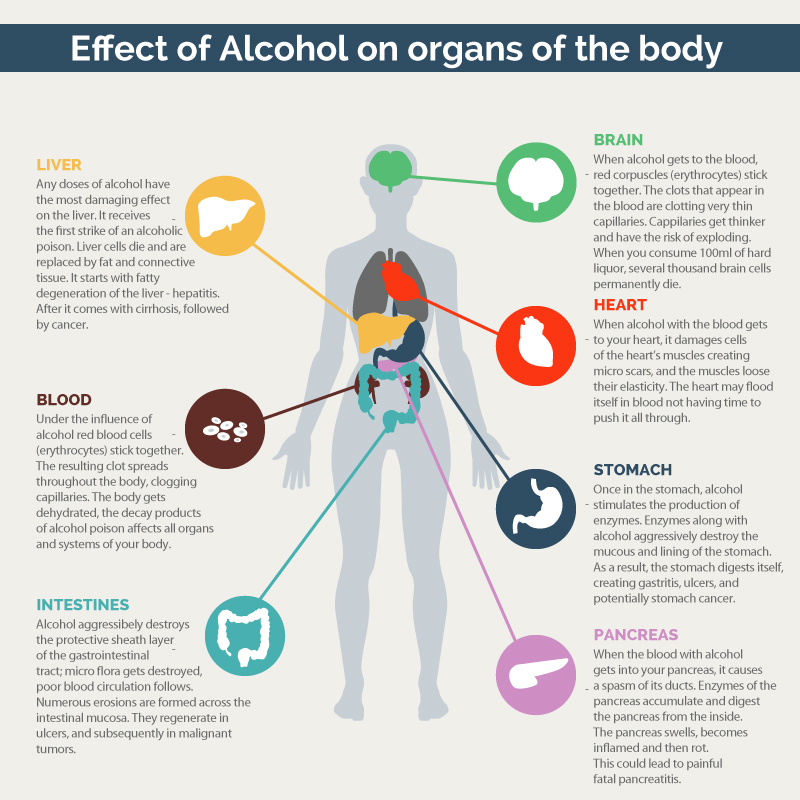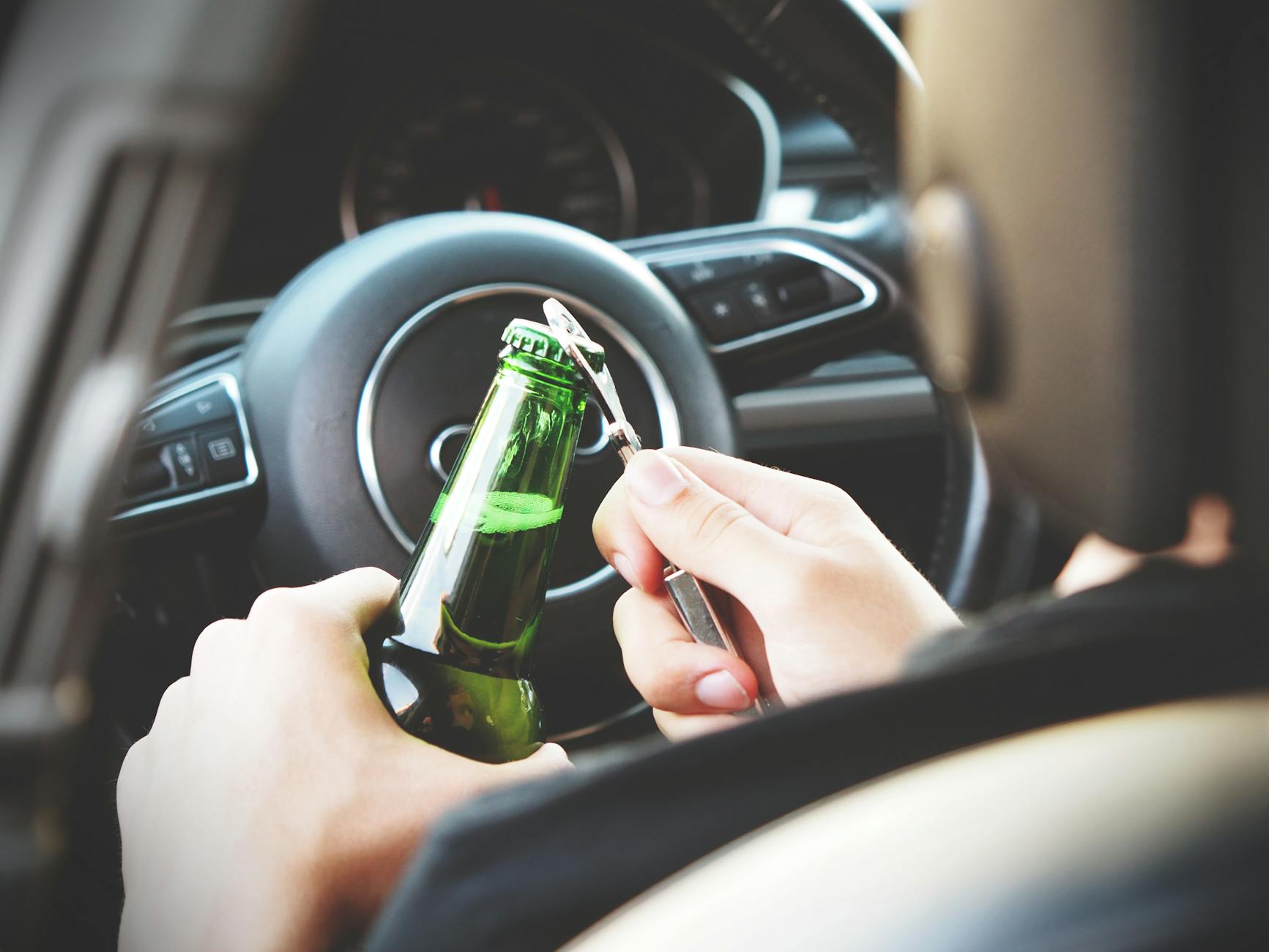Unlock the secrets behind the science of intoxication and discover the surprising factors that influence your beer buzz. Cheers!
Table of Contents
Who hasn’t asked themselves the age-old question: how many beers does it take to get drunk? It’s a topic as old as time, yet the answer remains elusive. The truth is, the number of beers it takes to reach a state of intoxication varies from person to person, depending on a variety of factors. In this blog post, we will delve deep into the science behind intoxication, exploring alcohol metabolism, individual tolerance levels, and the numerous factors that can influence how quickly you feel the effects of alcohol.
Understanding Alcohol Metabolism
self-awareness-and-personal-development/” classname=”texta-link”>alcohol metabolism is a complex process that begins the moment you take your first sip. When you drink alcohol, it is rapidly absorbed into your bloodstream through the stomach and small intestine. From there, it travels to the liver, where enzymes break it down into acetaldehyde and then into acetate, which is eventually eliminated from the body as carbon dioxide and water.
Several factors can impact how quickly your body metabolizes alcohol. Body weight, gender, and liver function all play a role. Generally, the more you weigh, the more quickly your body can process alcohol. Additionally, women tend to metabolize alcohol more slowly than men due to differences in body composition and enzyme activity. Individuals with compromised liver function may also experience slower alcohol metabolism.
Individual Tolerance Levels
When it comes to determining how many beers it takes to get drunk, tolerance levels play a significant role. Tolerance refers to the body’s ability to adapt to regular alcohol consumption. The more often you drink, the higher your tolerance levels may become, leading you to require more alcohol to feel the same effects.
Relying on tolerance as a gauge of intoxication can be dangerous, as it may lead to overconsumption and increased risk of alcohol-related harm. It’s essential to know your limits and recognize when you’ve had enough, regardless of your tolerance level.
Factors Influencing Intoxication
Intoxication is not solely determined by the number of drinks you consume. Several external factors can influence how quickly you feel the effects of alcohol. Eating a meal before drinking can slow down alcohol absorption, while drinking on an empty stomach can lead to faster intoxication.

Image courtesy of www.csuchico.edu via Google Images
Hydration also plays a role in intoxication levels. Dehydration can exacerbate the effects of alcohol, making you feel drunk more quickly. It’s essential to drink water alongside alcoholic beverages to stay hydrated and help your body process the alcohol more efficiently.
Mixing alcohol with other substances, such as medications or illicit drugs, can also impact intoxication levels. Certain medications can enhance the effects of alcohol or produce adverse reactions when combined. It’s crucial to be mindful of potential interactions and avoid mixing alcohol with other substances.
Conclusion
So, how many beers does it take to get drunk? The answer is not straightforward. Alcohol metabolism, individual tolerance levels, and various external factors all play a role in determining how quickly you feel the effects of alcohol. It’s essential to drink responsibly, know your limits, and prioritize your safety when consuming alcohol. By understanding the science behind intoxication and the factors that influence it, you can make informed decisions about your alcohol consumption and enjoy a safe and enjoyable drinking experience.
Remember, it’s not about the number of beers you drink—it’s about how you feel and knowing when to say when. Cheers to responsible drinking!
FAQ
How does alcohol metabolism differ between men and women?
Women tend to metabolize alcohol more slowly than men due to differences in body composition and enzyme activity.
Can tolerance levels impact intoxication?
Yes, tolerance levels can lead to requiring more alcohol to feel the same effects, potentially increasing the risk of overconsumption and harm.
What factors can influence intoxication levels?
Factors such as food consumption, hydration, and interactions with medications or other substances can all affect how quickly you feel the effects of alcohol.
How can I ensure responsible drinking?
Drink responsibly, know your limits, prioritize your safety, and be mindful of the factors influencing intoxication to make informed decisions about your alcohol consumption.
Generated by Texta.ai Blog Automation


Leave a Reply